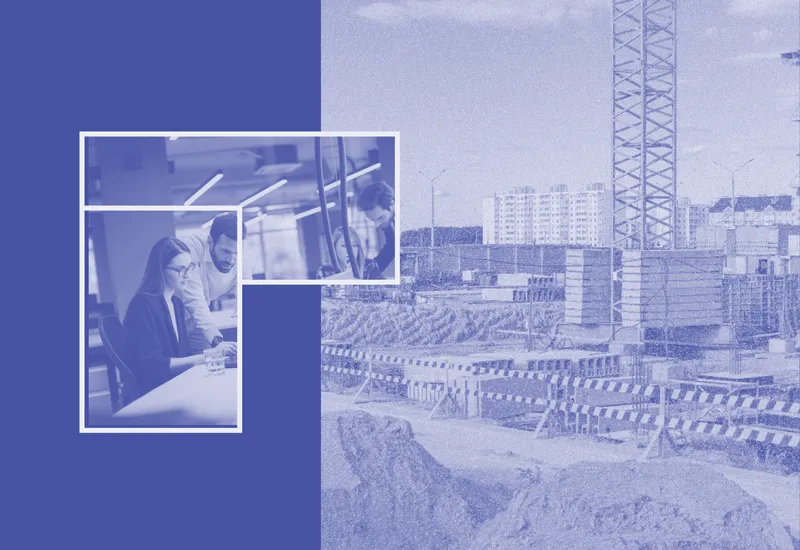How Much Are Construction Management Fees?

Construction management fees are part of any construction project’s budget. Understanding these fees, who charges them, and why they vary can help you better plan and manage your construction project costs.
What Are Construction Management Fees?
Construction management fees are charges assessed by construction managers (CMs) for overseeing and coordinating all aspects of a construction project. CMs often work on a higher level than development managers or project owners, who handle day-to-day aspects of a project. They ensure that projects are completed on time, within budget, and according to specifications.
A construction management fee typically covers:
- Project planning and scheduling
- Budget management and cost control
- Contractor coordination and supervision
- Quality control oversight
- Safety management
- Documentation and reporting
Construction management fees are usually charged by specialized construction management firms or general contractors who provide CM services. These fees typically start at 2% of the total project cost, though they can vary significantly based on project size, complexity, and location. In recent years, these fees have been rising, with some construction managers charging between 5%-15% of the total project cost.

Why Construction Management Fees Are Increasing
Like most areas of construction, fees have increased over the last few years. Several factors are driving up construction management fees in today’s market:
Expanded Scope of Services
Construction managers now handle both hard and soft costs, expanding their responsibilities beyond traditional oversight of physical construction (hard costs) to include:
- Permit acquisition
- Design coordination
- Environmental compliance
- Technology integration
- Risk management
Pandemic Impact
The COVID-19 pandemic significantly affected construction management fees as managers have faced numerous operational challenges since 2020. Enhanced safety protocols, widespread supply chain disruptions, and persistent labor shortages have all contributed to increased costs. Construction managers have also had to adapt to additional scheduling complexity and implement new systems for remote work coordination, further driving up fees to cover these expanded responsibilities.
Higher Costs for Multifamily Projects
Multifamily construction projects often incur higher management fees compared to other property types due to their inherent complexity. These projects require sophisticated building systems that must be integrated across multiple units while meeting stringent regulatory requirements for residential occupancy. The presence of various unit configurations within the same building requires extra planning and execution, often resulting in extended project timelines. Additionally, the coordination of multiple trade contractors working simultaneously across different units and common areas requires more management oversight, further contributing to increased fees.
Construction management fees are a necessary investment for successful project completion. While these fees have increased in recent years, they reflect the expanding role of construction managers and the growing complexity of modern construction projects. To keep reading about how to succeed in a competitive real estate development environment, check out the 3 things project managers need to succeed.











